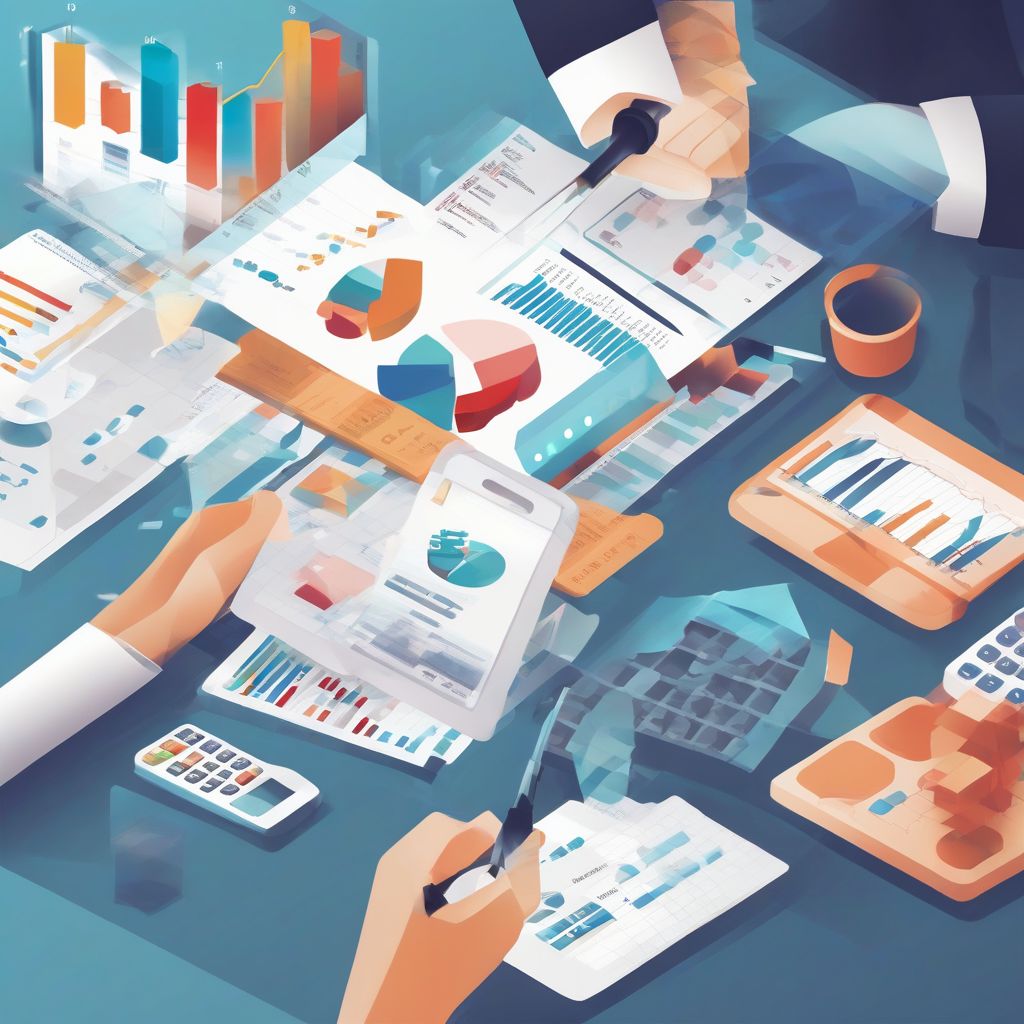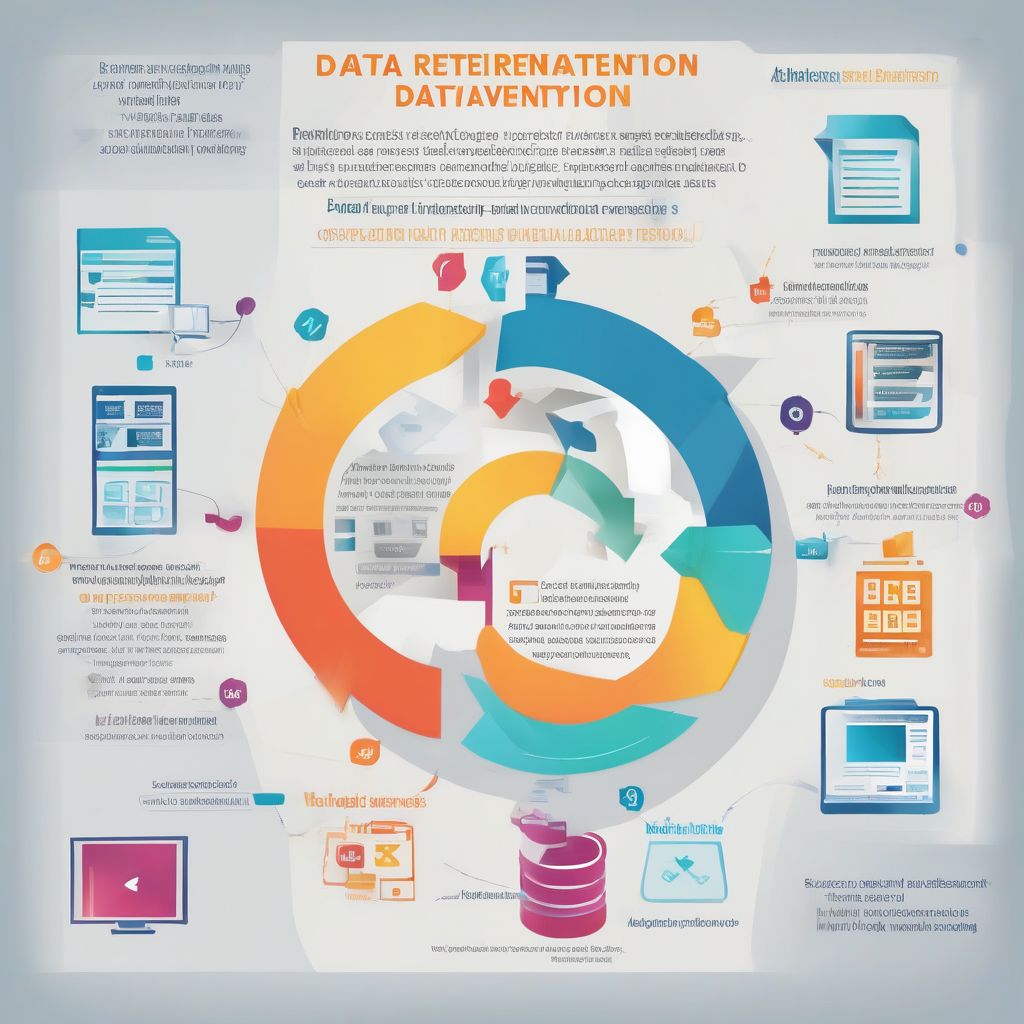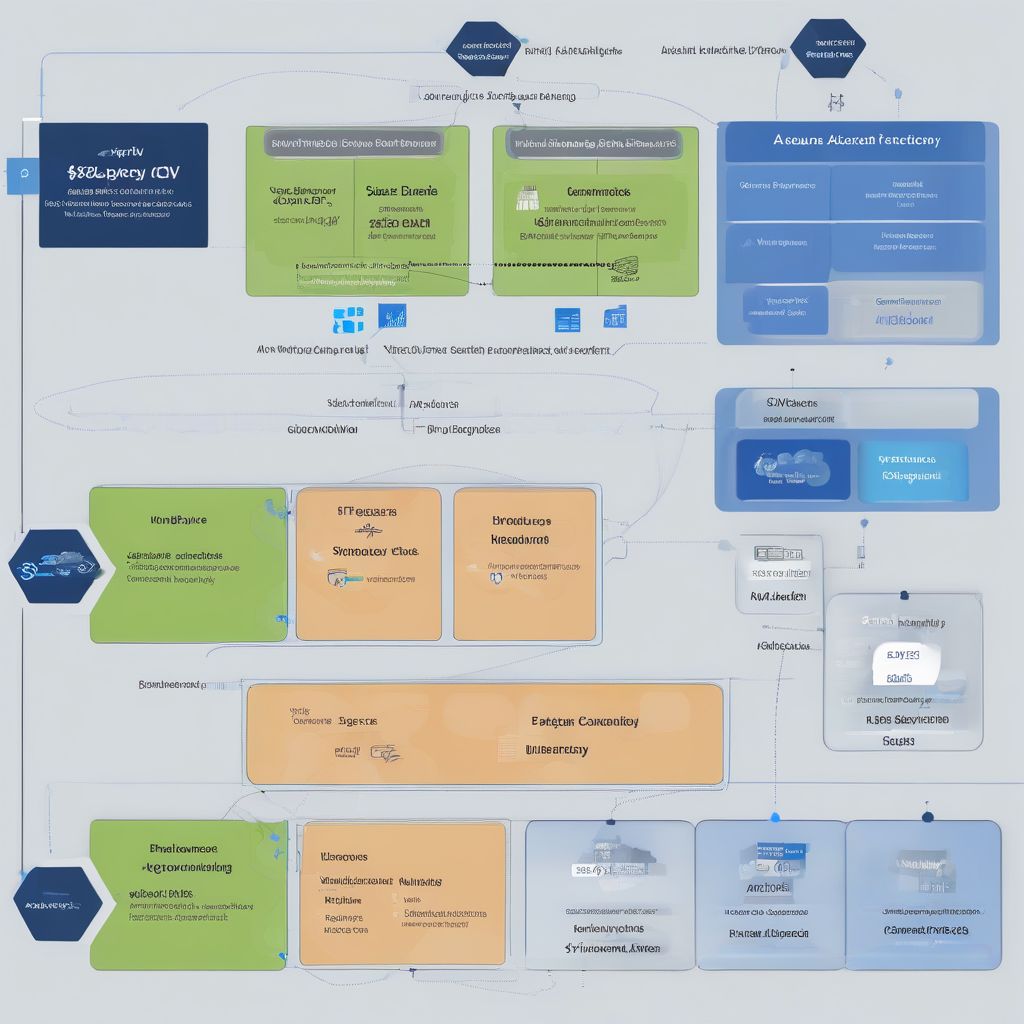Have you ever wondered how businesses make sense of their financial data to drive smarter decisions? That’s where the power of Data Analytics For Accounting comes in. This dynamic field goes beyond traditional accounting practices, leveraging technology to extract valuable insights from mountains of financial data.
Unlocking the Potential: What is Data Analytics For Accounting?
Data analytics for accounting involves using advanced technologies and techniques to analyze financial information. Instead of just recording transactions, this approach focuses on identifying trends, patterns, and anomalies that can help businesses optimize their financial health.
Why is Data Analytics Essential for Accounting?
In today’s data-driven world, data analytics has become a game-changer for accountants. Here’s why:
- Enhanced Decision-Making: By uncovering hidden insights, businesses can make data-backed decisions about pricing, resource allocation, and investment opportunities.
- Increased Efficiency and Accuracy: Automating repetitive tasks frees up accountants to focus on strategic analysis, reducing errors and improving efficiency.
- Fraud Detection and Prevention: Data analytics helps identify unusual patterns and outliers, enabling businesses to detect and prevent fraudulent activities.
- Improved Forecasting and Planning: Analyzing historical data enables more accurate financial forecasts, budgeting, and planning for future growth.
Key Applications: How Data Analytics is Transforming Accounting
1. Financial Reporting and Analysis
Data analytics tools can automatically generate financial statements, reports, and dashboards, providing a real-time view of a company’s financial performance. This allows for quicker identification of trends and areas for improvement.
2. Auditing and Risk Management
Data analytics plays a crucial role in identifying and mitigating financial risks. By analyzing large datasets, auditors can identify anomalies, assess control effectiveness, and improve the overall audit quality.
3. Tax Planning and Compliance
Data analytics simplifies tax compliance by automating data collection, calculation, and filing processes. It also provides insights for optimizing tax strategies and minimizing liabilities.
data.smbtechconsultants.com/wp-content/uploads/2024/07/data-analytics-accounting-66a324.jpg" alt="Data Analytics for Accounting" width="1024" height="1024">Data Analytics for Accounting
FAQs: Common Questions About Data Analytics For Accounting
Q: What skills do I need for a career in data analytics for accounting?
A: A strong foundation in accounting principles is essential, along with proficiency in data analysis tools like Excel, SQL, and data visualization software.
Q: What are some popular data analytics tools used in accounting?
A: Popular tools include Microsoft Excel, Tableau, Power BI, and specialized accounting software with built-in data analytics features.
Q: How can small businesses benefit from data analytics in accounting?
A: Data analytics empowers even small businesses to make informed financial decisions, improve cash flow management, and identify growth opportunities.
Embracing the Future of Accounting
Data analytics is revolutionizing the accounting profession, offering exciting opportunities for those willing to embrace its potential. By harnessing the power of data, businesses can gain a competitive edge, make smarter decisions, and achieve sustainable financial growth.
Ready to dive deeper into the world of data analytics for accounting? Share your thoughts and questions in the comments below!



